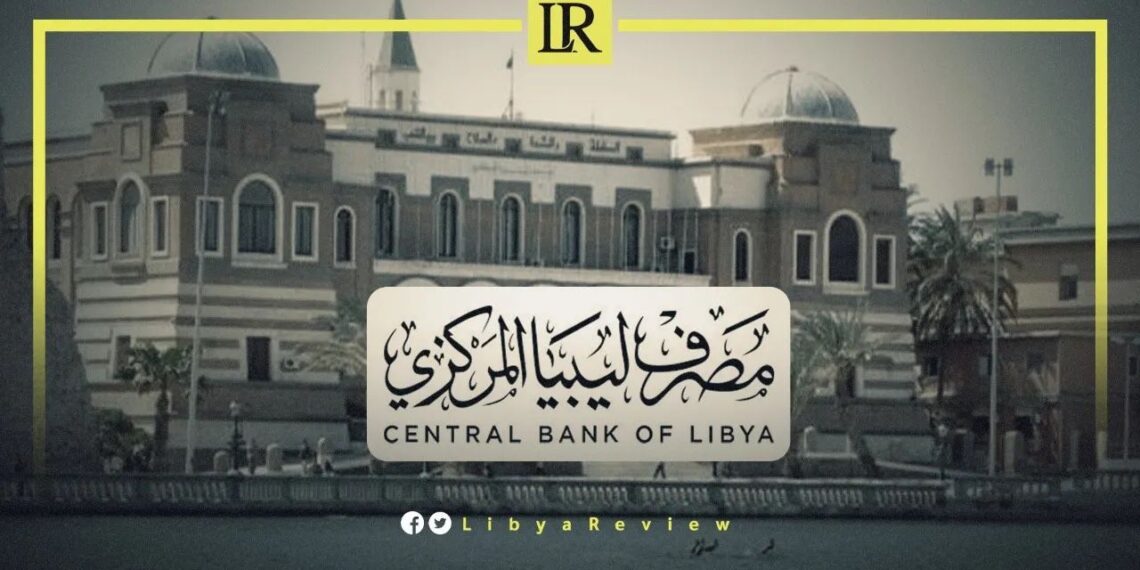On Tuesday, Libya’s Parliament the High Council of State made significant progress in addressing the ongoing crisis at the Central Bank of Libya.
The discussions, hosted by the United Nations Support Mission in Libya (UNSMIL) at its Tripoli headquarters focused on establishing mechanisms and timelines for appointing a new governor and board of directors for the Central Bank.
Following the talks, representatives from both councils requested an additional five days to finalize their discussions and reach a conclusive agreement on managing the Central Bank until new leadership is appointed. This extension underscores the complexity of the situation and the importance of ensuring that all parties are aligned on the path forward.
UNSMIL issued a reminder to all Libyan stakeholders about the severe impact that the prolonged Central Bank crisis has on the everyday lives of citizens and the broader economy. The crisis has not only disrupted the financial stability of Libya but also eroded confidence in the country’s banking system among international financial institutions.
The UN mission praised the collaborative spirit that prevailed during the discussions between the House of Representatives, the High Council of State, and a representative from the Presidential Council. UNSMIL urged all parties to continue this cooperation, avoid unilateral actions, and work diligently to reach a final agreement without further delay.
The Central Bank of Libya has been at the heart of a deepening political and financial crisis, which has had far-reaching consequences for the nation.
The ongoing struggle over the control of the bank has led to economic instability, affecting everything from currency value to the provision of essential services. This instability has, in turn, weakened Libya’s position in the global financial system and further isolated the country economically.
The Central Bank is vital to managing Libya’s oil revenues, which are crucial to the national economy. Any disruptions in the bank’s operations can have significant effects, particularly in a country where many people rely on state-funded salaries and subsidies.
Resolving the Central Bank crisis is, therefore, critical not only for restoring financial stability but also for ensuring that the government can continue to provide for its citizens.


